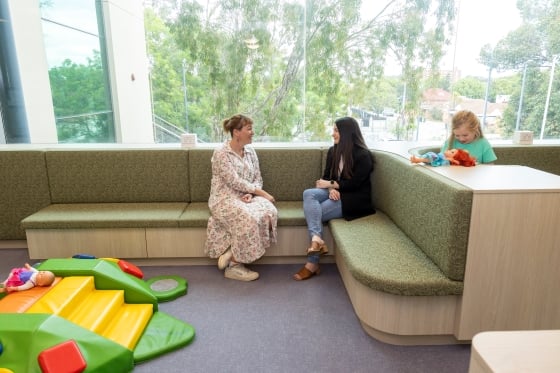Search
Interventions to promote breakfast consumption are a popular strategy to address early life inequalities. It is important to understand the epidemiology of children and adolescents who skip breakfast so that interventions and policy can be appropriately considered.
To understand the prevalence of children and adolescents’ electronic device use (EDU) in the hour before bed and identify sociodemographic groups that are at increased risk of problematic use.
It is well established that children’s school readiness is associated with their later academic achievement, but less is known about whether school readiness is also associated with other measures of school success, such as students’ social and emotional wellbeing. While some previous research has shown a link between early social and emotional development and student wellbeing, results are mixed and the strength of these relationships vary depending on whether data is based on child, teachers or parents ratings and which specific student wellbeing outcomes are measured.

Three researchers from The Kids Research Institute Australia were recognised as being among Western Australia’s brightest and most innovative scientific minds at last night’s 24th Premier's Science Awards.
Eating a regular, healthy breakfast is required to support good health, wellbeing and development throughout childhood and adolescence.
Yasmin Sandra Mary Harman-Smith Van Diermen Brushe BA, BHlthSc(Hons), PhD BPsych(Hons), PhD (Public Health) Head, Early Years Systems Evidence; Head

Funding from the Stan Perron Charitable Foundation will support world class researchers at The Kids Research Institute Australia to improve the health and wellbeing of WA children facing serious health challenges.

As a leading research site in Australia, the Wesfarmers Centre of Vaccines and Infectious Diseases played an instrumental role in the global effort to develop a world-first RSV immunisation for young babies.

In this blog, Occupational Therapy Clinical Lead Marie Rodatz discusses the elements needed to create a neuro-affirming environment that supports neurodiverse individuals.
This study explored mental health profiles in Australian school students using indicators of well-being (i.e., optimism, life satisfaction, and happiness) and psychological distress (i.e., sadness and worries). The sample included 75,757 students (ages 8-18 years) who completed the 2019 South Australian Wellbeing and Engagement Collection.
